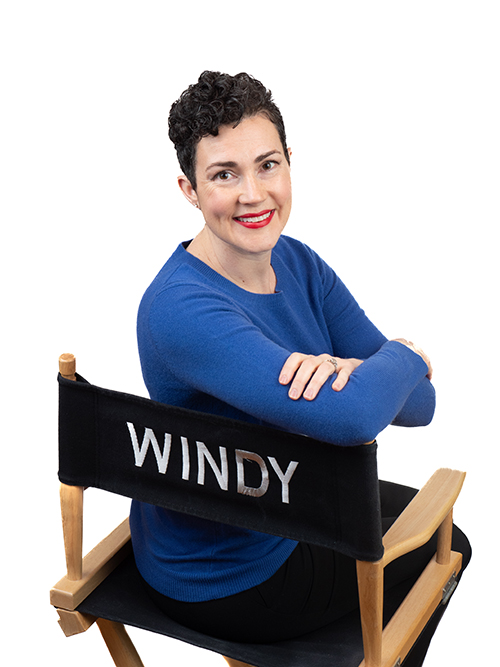If you are pouring blood, sweat, and tears—and probably some personal capital, too—into your film/media project, you need to protect yourself, the production team, and the intellectual property you’re creating.
Last month I received a question about protecting a film. With the filmmaker’s permission, I’ve included it below and shared my reply, in the hopes it helps you protect your films and media projects, too.
Q: Hello there wonderful filmmaker! I’m writing to get your advice about setting up a LLC or something similar to protect the production team legally. What have you used for your films in the past? Is there a service you can recommend? Thank YOU! – Carolyn
A: Great question! There are several ways to protect your film company. The first is the company structure (LLC, S-Corp, 501c3), followed by production/business insurance, and then E&O (Errors and Omissions) insurance when you distribute the film.
I suggest consulting with your film attorney for the best company structure for your project and your state (some states offer more protections than others).
There are online services that charge hundreds of dollars to file the paperwork for you, but I have been able to navigate the state fillings myself once I have the legal documents (eg. Operating Agreement, EIN, etc).
I hope that helps.
Windy
Having multiple levels of protection at different phases of your production, allows you to level up as needed. It keeps the start-up costs low and scales with you as you move further into production and distribution.
Below, I’ve expanded my answer into three steps to protect your film or media project and outlined when you need each.
3 Steps to Protect Your Film or Media Project
- Company Structure is the first line of defense. Where you are located and how you intend to fund the film are important factors for this decision. Different states and countries offer different levels of protection. Additionally, if you are funding your project through donations or grants, opening a 501c3 may work best for you. Conversely, if you are funding the film through private equity investors, you’ll want to consider the different protections and expenses of an LLC versus an S-Corp. Bottom Line: Talk to your film attorney about the best company structure for your project so you set it up correctly before you begin production.
- Production and/or Business Insurance is the second line of defense. Your insurance provider can advise you between purchasing production insurance for the length of your production versus adding film/video production to your existing business insurance policy. In either case, make sure you have some kind of insurance to protect your company, the production team, and the intellectual property you’re creating as you head into production. Without it, a lost camera or on-set injury could bankrupt your production before you finish it.
- Errors & Omissions (E&O) Insurance is the third line of defense. E&O Insurance typically comes into play when you’re preparing to market and distribute your film/media project. Often distributors require E&O policies or specific terms, which they will spell out in your distribution agreement. Read those agreements thoroughly and send the specs to your insurer. If you are self-distributing the film, speak to your insurance representative about how much E&O insurance you need to protect yourself and the company throughout distribution.
I hope these tips help you protect your production throughout its lifecycle.
Send me an email if you have any additional questions. I look forward to hearing from you.


